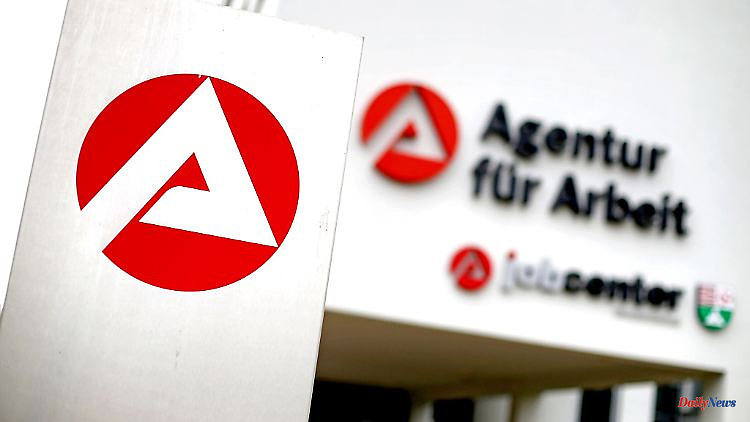Anyone who has lost their job receives support from the Employment Agency. To do this, job seekers must take part in application training, for example. Or is there a way around it?
Anyone who receives benefits from the employment agency may be asked to take part in a measure for professional integration - an application training course, for example. But do you have to take part if you are already familiar with applications?
"As a rule, you can't resist that," says Johannes Schipp, a specialist lawyer for labor law in Gütersloh.
According to Schipp, such application training runs via a so-called integration agreement with the employment agency. Job seekers sign that they will take part in the training. Those who do not sign can be forced to participate by an administrative act.
If jobseekers still refuse to take part in the measure, they must expect the consequences. For recipients of unemployment benefit I, this meant a blocking period, for recipients of unemployment benefit II a reduction in benefits.
On January 1, 2023, however, the unemployment benefit was replaced by the so-called citizen benefit. "Here, too, sanctions apply that are somewhat milder than those for the old unemployment benefit II," says Schipp. Jobseekers who refuse an integration measure must continue to expect a reduction in benefits - the first breach of duty by ten percent, the second by 20 percent and the third by 30 percent.
The original plans of Federal Minister of Labor Hubertus Heil envisaged that, unlike with Hartz IV, there should be a six-month "trust period" at the beginning of the receipt of citizen's income. In it, those affected only threatened limited benefit cuts by the employment agencies. The Union saw this as undermining the principle of "promoting and demanding". The trust time is now gone. Comprehensive sanctions should be possible from day one if those affected do not take up a reasonable position.
In the future, however, there should no longer be an integration agreement, but a cooperation plan. "But this change will only take effect on July 1, 2023," says Schipp.
About the person: Johannes Schipp is a specialist lawyer for labor law in Gütersloh and a member of the German Lawyers' Association (DAV).
(This article was first published on Tuesday, January 24, 2023.)












